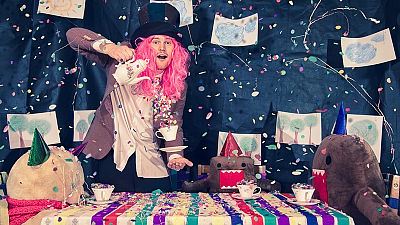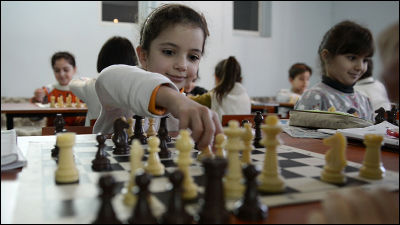Can good genes make you a top athlete without practicing 10,000 hours?

By
The '10,000-Hour Rule' is based on the idea that anyone can acquire first-class skills through 10,000 hours of sincere practice, based on the fact that people who are considered 'top-class' or 'geniuses' in a certain field practice far more than average people, regardless of their talent or ability. This rule seems to embody the saying, 'Hard work always pays off,' and Slate reveals the relationship between this rule and 'genes.'
Malcolm Gladwell's 10,000 Hour Rule for deliberate practice is wrong: Genes for music, IQ, drawing ability, and other skills.
http://www.slate.com/articles/health_and_science/science/2014/09/malcolm_gladwell_s_10_000_hour_rule_for_deliberate_practice_is_wrong_genes.single.html

Ten years ago, 13-year-old Magnus Carlsen caused a sensation in the chess world when he defeated former world champion Anatoly Karpov in a chess tournament, then drew with Garry Kasparov, the top player at the time and considered the greatest chess player in the history of the planet.
Carlsen subsequently earned the title of Grandmaster in 2004, became the youngest player ever to reach number one in the world chess rankings in 2010, and became the highest-rated chess player in history in 2012. Were Carlsen's impressive achievements the result of 'long hours of practice,' or was it due to his innate 'talent'?
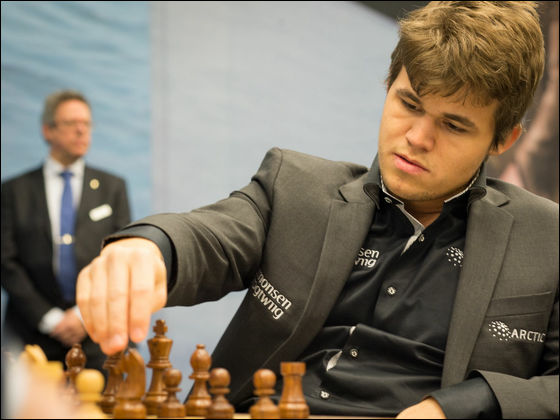
By
Many scientists and researchers have long wondered what it takes to become the best in various fields, including music, games, sports, business, and science. In 1993, a paper published by Swedish psychologist K. Anders Ericsson and his colleagues shed light on what is needed to acquire top-notch skills. According to this paper, in fields such as music and chess, the difference in the amount of 'serious practice' significantly affects performance improvement.
To prove this hypothesis, Ericsson gathered aspiring violinists from the Berlin Music School and asked each of them, 'How many hours have you practiced the violin?' The results of this survey revealed a clear relationship between violin skill and the amount of time spent practicing.
For example, promising violinists had an average cumulative practice time of over 10,000 hours, while violinists rated as mediocre had only 5,000 hours. Another study also asked pianists how much practice time they had, and found that while excellent pianists had an average of over 10,000 hours of practice, amateur pianists only had an average of around 2,000 hours.
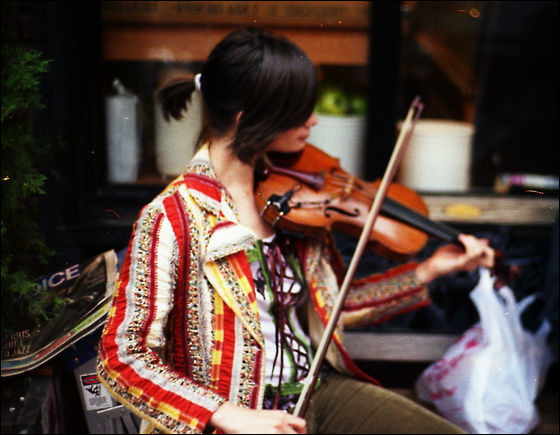
By
Based on these findings, Ericsson argued that the difference between professionals and amateurs is not 'innate talent' but 'constant, dedicated practice.' This idea became famous in Malcolm Gladwell's book 'The 10,000-Hour Rule.'
Furthermore, a Slate writer reviewed 9,000 relevant studies and books and found that, with a few exceptions, most of the research showed clear correlations between many types of practice and skill.
However, the correlation between 'practice' and 'skill' is not perfect. For example, a study by Dr. Brooke McNamera of Princeton University found that sincere practice only accounts for an average of 12% of the development of the abilities of those considered to be top-class or geniuses. A more detailed breakdown shows that the 10,000-hour rule contributes only 26% to games like chess, 21% to music, 18% to sports, 4% to education, and just 1% to professional fields. This means that 10,000 hours of sincere practice does not necessarily make you an expert.
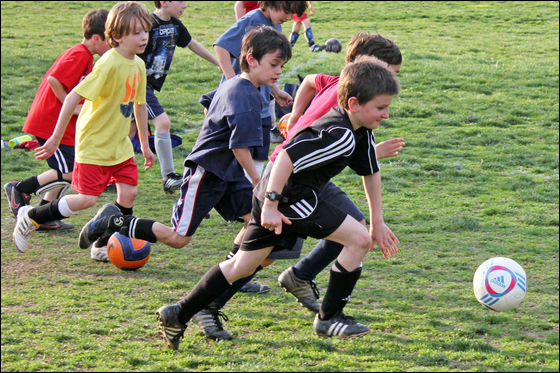
By woodleywonderworks
It has also been revealed that 'genes' play an important role in acquiring top-notch skills. According to a study by psychologist Robert Plomin of King's College London on over 15,000 pairs of twins in the UK using tests and questionnaires, it was found that identical twins are more similar in drawing ability than fraternal twins. In other words, if one identical twin is good at drawing, then their sibling will also be good at drawing.
Considering that identical twins have 100% of the same genes, while fraternal twins have an average of just 50% of the same genes, this suggests that differences in artistic ability, such as drawing ability, may be largely determined by genes. Another study conducted in the UK also found that there are genetic differences between experts and those with less skill.
In a study led by Miriam Mosing of the Karolinska Institute in Sweden, more than 10,000 pairs of twins were asked to estimate the amount of time they had spent practicing music, and to take simple music-related tests such as determining whether two melodies were the same. Surprisingly, they found that musical ability is influenced by genes by 38%, with no evidence that it is influenced by practice. It was also found that identical twins who had practiced music more often performed worse on musical ability tests than twins who had practiced less.

By Abby Bischoff
So, does that mean you don't need to practice if you want to be a musician? Not necessarily. This is because if you want to be a musician, you will definitely need skills that can be improved through a lot of practice, such as 'playing an instrument.'
The American Declaration of Independence states, 'We hold these truths to be self-evident, that all men are created equal, that they are endowed by their Creator with certain unalienable Rights, that among these are Life, Liberty and the pursuit of Happiness.' However, since human abilities are not all equal, it is natural that genetic differences arise between individuals, races, and genders. Research over the past several decades has revealed that roughly half of a person's IQ depends on genes, and similarly, genetic predispositions exist for a variety of skills.
If you say, 'No matter how hard I try, I can't become a pianist!', it may be that you are not genetically suited to artistic talent. However, for example, there are no specific 'skills required to become a doctor,' so if you say, 'I can't become a doctor,' it may simply be that you didn't study as much at school or at home as you should.
Related Posts:



